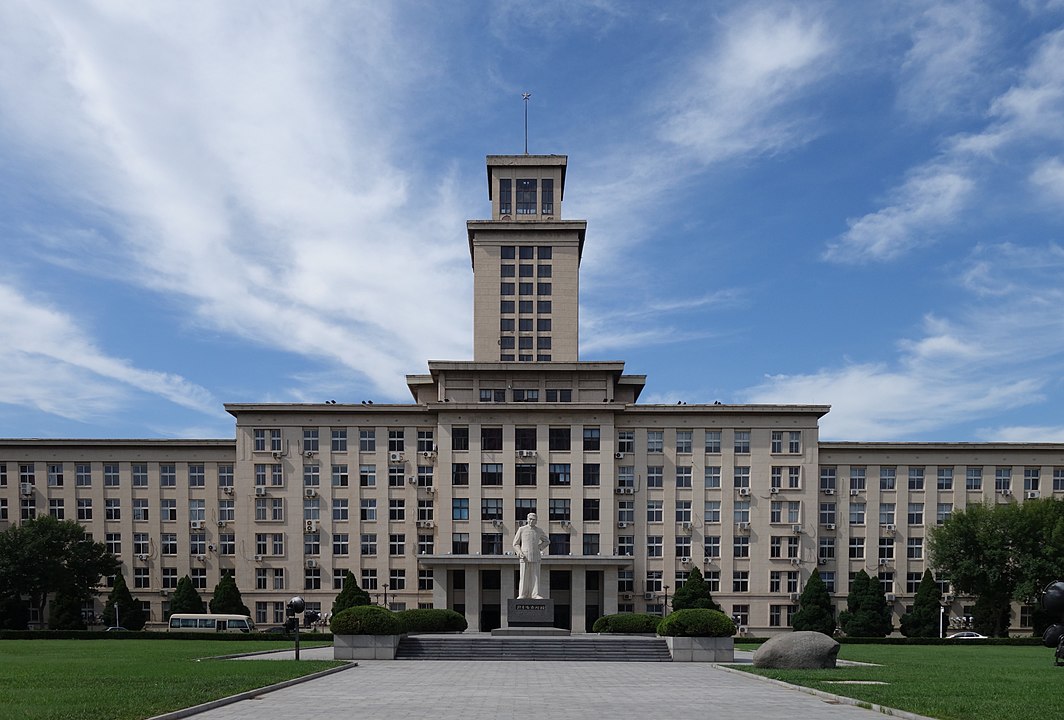Nankai University (NKU or Nankai; simplified Chinese: 南开大学; traditional Chinese: 南開大學; pinyin: Nánkāi Dàxué) is a public research university located in Tianjin, China. It is a member of the prestigious 985 and 211 group of universities and a Chinese Ministry of Education Class A Double First Class University. It was founded in 1919, by educators Yan Xiu and Zhang Boling.
During the Sino-Japanese War (1937–1945), Nankai University, Peking University and Tsinghua University merged and formed the National Changsha Provisional University, which later moved to Kunming and was renamed the National Southwestern Associated University (西南联大). It was described as The North Star of Higher Learning. On 25 December 2000, the State Ministry of Education signed an agreement with Tianjin Municipal Government to jointly establish and develop Nankai University. Since then, Nankai has been listed among the universities to receive priority development investments from the Chinese government in the twenty-first century.
Nankai has long been recognized as one of the most prestigious universities in China, constantly ranked among various top 10 lists of Chinese Universities. As a comprehensive university with a wide range of disciplines, Nankai features a balance between the humanities and the sciences, a solid foundation and a combination of application and creativity. The university has 26 academic colleges, together with the Graduate School, the School for Continuing Education, the Advanced Vocational School, the Modern Distance Education School, and categories covering literature, history, philosophy, economics, management, law, science, engineering, agriculture, medicine, teaching and art. The university is especially well known for its economics, history, chemistry, and mathematics research and study.
Nankai's alumni include the first Premier of the People's Republic of China Zhou Enlai, mathematician Shiing-Shen Chern and Nobel laureates Chen Ning Yang and Tsung-Dao Lee.




